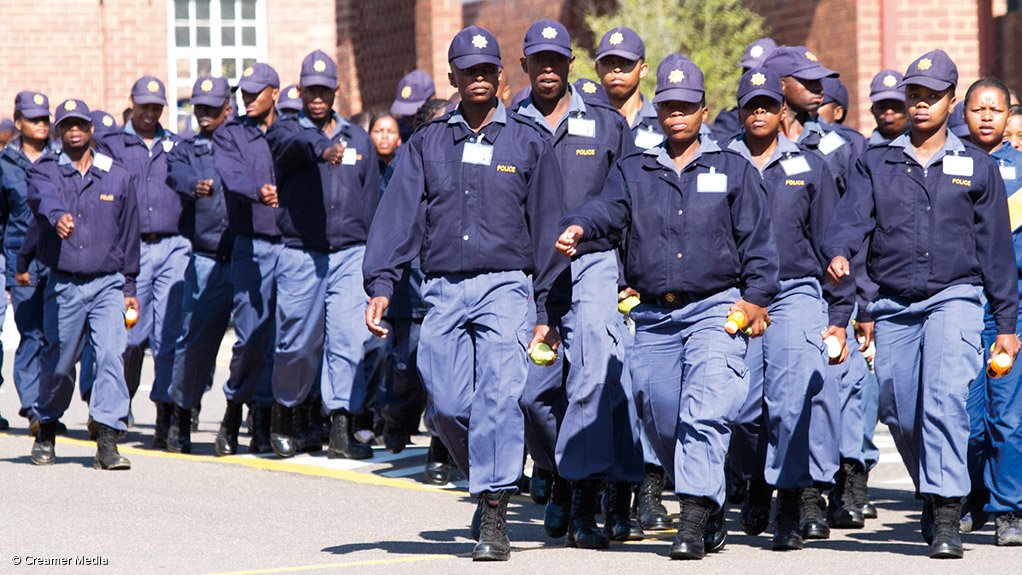The Constitutional Court ordered the SA Police Service (SAPS) on Thursday to investigate claims of torture against senior Zimbabwean officials.
The Constitutional Court dismissed an appeal by the national police commissioner against a Supreme Court of Appeal (SCA) judgment that authorities should investigate the claims.
In a unanimous judgment by Acting Justice Steven Majiedt the court concluded that the SAPS must investigate because it had a duty to do so, under the Constitution, the International Criminal Court Act, and South Africa's international law obligation.
The court held that the duty to investigate international crimes was limited to instances where the country in which the crimes happened was unwilling or unable to investigate and if, on the facts and circumstances of the particular case, an investigation would be reasonable and practicable.
The court found that there was no evidence that Zimbabwean authorities were willing or able to pursue an investigation and that it would be reasonable and practicable for the SAPS to investigate the complaint because of the proximity between South Africa and Zimbabwe.
It said there was a likelihood that the accused would be present in South Africa at some point, and there was a reasonable possibility that the SAPS would be able to gather evidence that may satisfy the elements of the crime of torture.
The court held that while the principle of non-intervention in another state's territory had to observed, this would not be violated by an investigation conducted exclusively within South Africa.
The case was first brought by the Southern Africa Litigation Centre and the Zimbabwean Exiles Forum in 2008 following a police raid on the headquarters of the Movement for Democratic Change the year before.
They argued that South Africa had domestic and international legal obligations to investigate and prosecute high-level Zimbabwean officials accused of crimes against humanity.
The two bodies handed over a dossier of evidence to the National Prosecuting Authority and the police, which allegedly pointed to torture in Zimbabwe sanctioned by that state.
In 2012, the High Court in Pretoria held that the South African authorities had not acted in accordance with their obligations, and that the decision not to probe the matter had been taken unlawfully and unconstitutionally.
The NPA and police appealed to the SCA in November last year.
The SCA held that the police, in particular, were empowered and required to investigate the crimes against humanity, as detailed in the dossier.
The national police commissioner then appealed to the Constitutional Court.
The commissioner argued that based on international law principles of state sovereignty and the need for an accused's actual presence in South Africa before an investigation could commence, the SAPS was unable to initiate an investigation into the alleged torture.
The respondents submitted that, while it was a prerequisite for prosecution, presence was unnecessary for initiating an investigation.
EMAIL THIS ARTICLE SAVE THIS ARTICLE
To subscribe email subscriptions@creamermedia.co.za or click here
To advertise email advertising@creamermedia.co.za or click here











